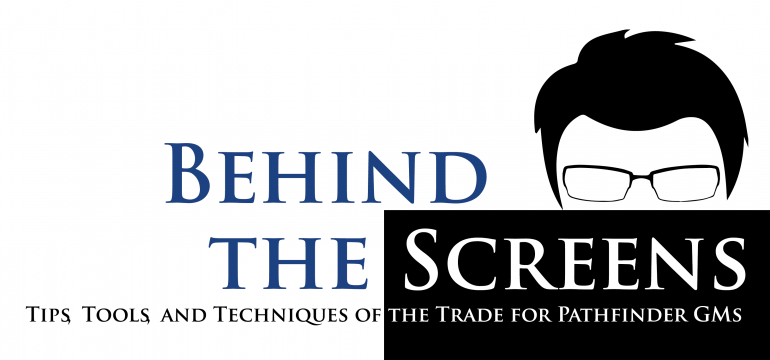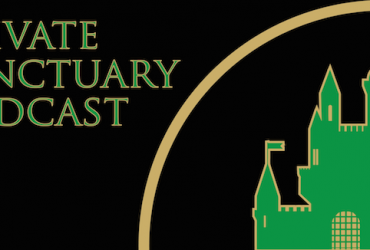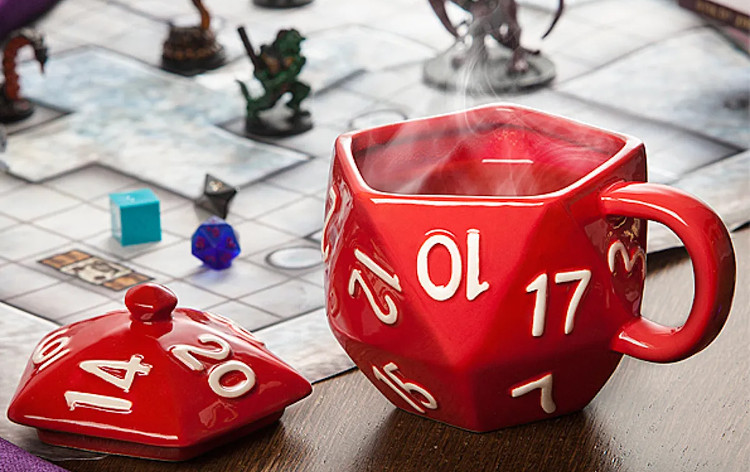The “Social Contract” is a term that’s often bandied about in discussions about group dynamics and roleplaying games. As a GM, it’s important to understand what a the Social Contract is and how it affects you, your players, and your gaming group.
First off, I’ll note that I’m using “social contract” as an abstract term for the purposes of this exploration. It’s not a literal contract that people sign before playing a game. Although some groups do choose to write up a series of rules, bylaws, other guidelines to moderate behavior.
What is a Social Contract?
Succinctly put, a social contract in an RPG is an agreement (whether implicit or explicit) among players within a group to share in a collaborative storytelling experience. Ideally, social contracts also includes how that group defines appropriate and inappropriate behavior and it can also include things like limitations on participation or additional duties or responsibilities as circumstances may warrant.
A social contract is implemented – whether intentionally or not – by any group that organizes together to play a game. (Actually, social contracts form the basis of all our interpersonal experiences within our society but for simplicity let’s just stick with tabletop RPGs). Furthermore, the exact stipulations of social contracts are unique to each group and based on the needs of the group’s individual members.
The goal for social contracts is to foster a welcoming and safe environment for all participants in the game such that all players are able to have fun and contribute towards the evolving narrative in a positive way and where one player’s fun doesn’t take precedence over another’s. This last bit is most important. In order to have a healthy group and game it’s imperative that the atmosphere be set such that everyone in the group can have fun together.
Elements of a Social Contract
Certain elements of an RPG group’s social contract are taken in-part or as a whole from our larger society. Stipulations such as, “players should always try to arrive to the game on time” or “players are expected to wear clothes” might be unnecessary for your group because those are relatively common behaviors in our society. Likewise, “players should mutually respect one another” is a minimum requirement for healthy group participation.
Other stipulations of a social contract might be inherently established as part of the initial communications. For example: “Hey – I’m looking for players to start Dragon’s Demand. We’ll be playing at my house every Wednesday night starting at 6pm. Are you interested?”
This inquiry sets expectations for the game system (Pathfinder), the type of adventure (a multi-level module), and scheduling (weekly on Wednesdays at 6pm). Furthermore, presuming the players know the speaker, it sets the expectations for the gaming environment. If the GM has pets, loud roommates, or smokes these factors are (or should be) known to the addressed players beforehand. Agreeing to join this group implies an acceptance of the conditions. Obviously, changes made to these conditions requires readdressing the initial social contract. Which is a whole other bag of worms, which we address at another time.
Ultimately, the specifics of your group’s social contract should be tailored for fit your players’ needs. What behaviors are acceptable or unacceptable? For example, are there kids in the group? Within earshot? If so, adult themes or language might be off the table. Is alcohol permitted? If so at what point would be considered too much? If someone is repeatedly tardy or otherwise significantly delays gaming time, at what point does that become an issue?
Such questions aren’t always easy to address but it is important that a players in a group be able to honestly express and discuss their needs and preferences with one another without rebuke or judgement. Everyone at the table needs to have the ability to be heard without the threat of reprisal or dismissal. Remember the goal is for everyone to have fun.
How have your groups dealt with the social contract? Do you have rules written down or are they just assumed? How have you dealt with instances where players breach the social contract? Let me know in the comments section below!






